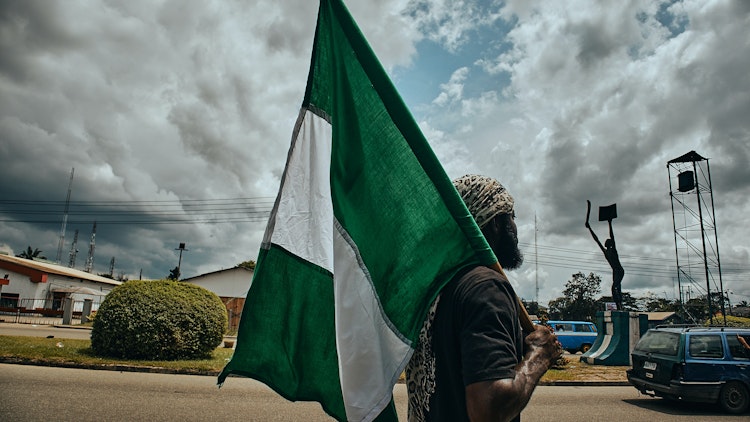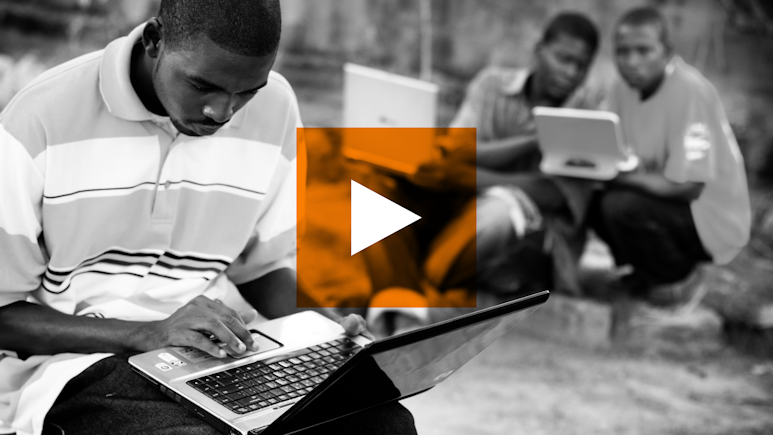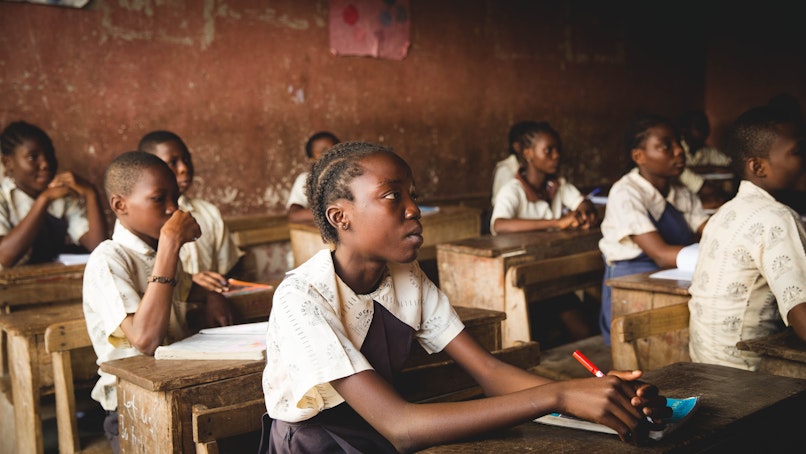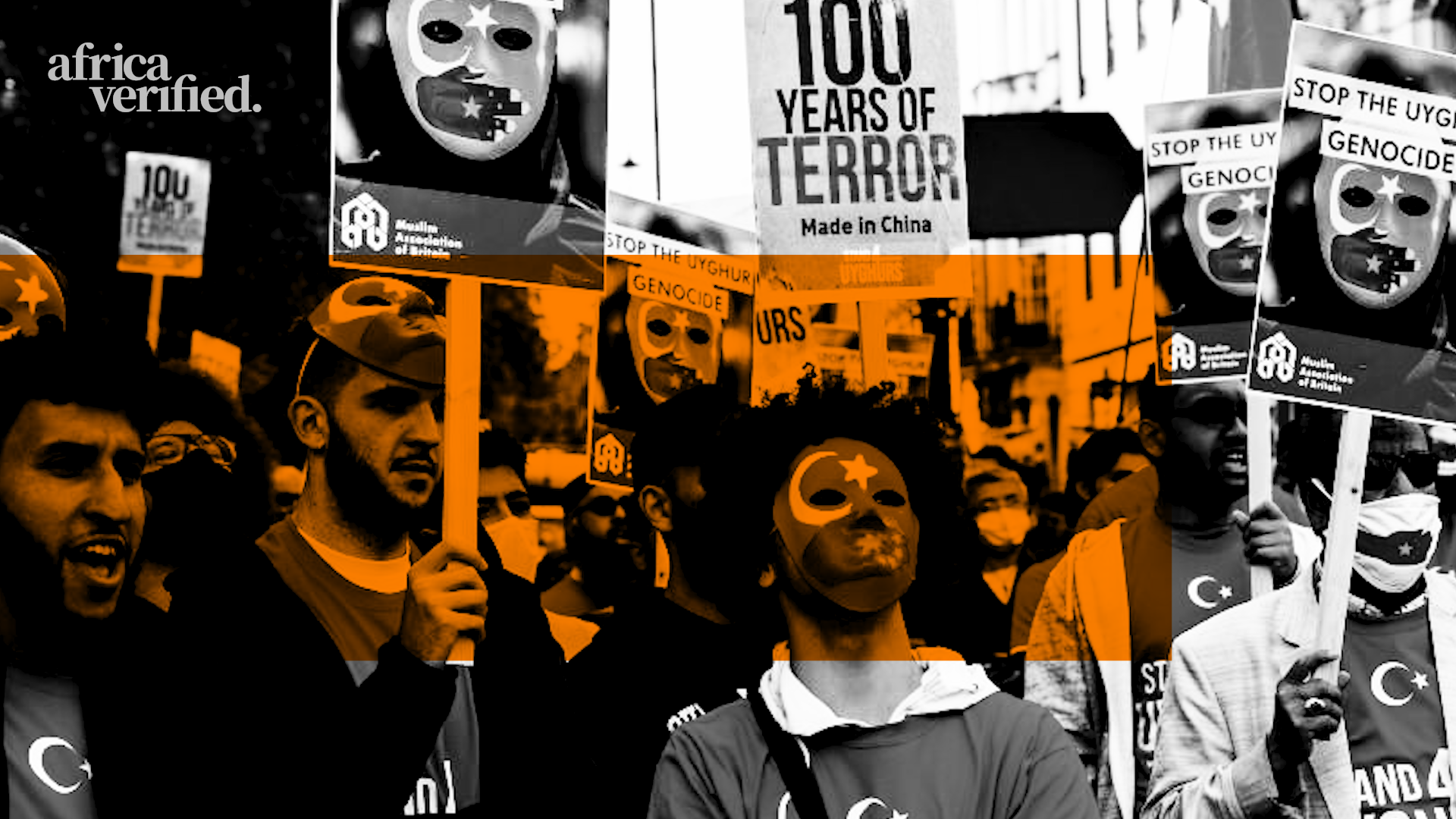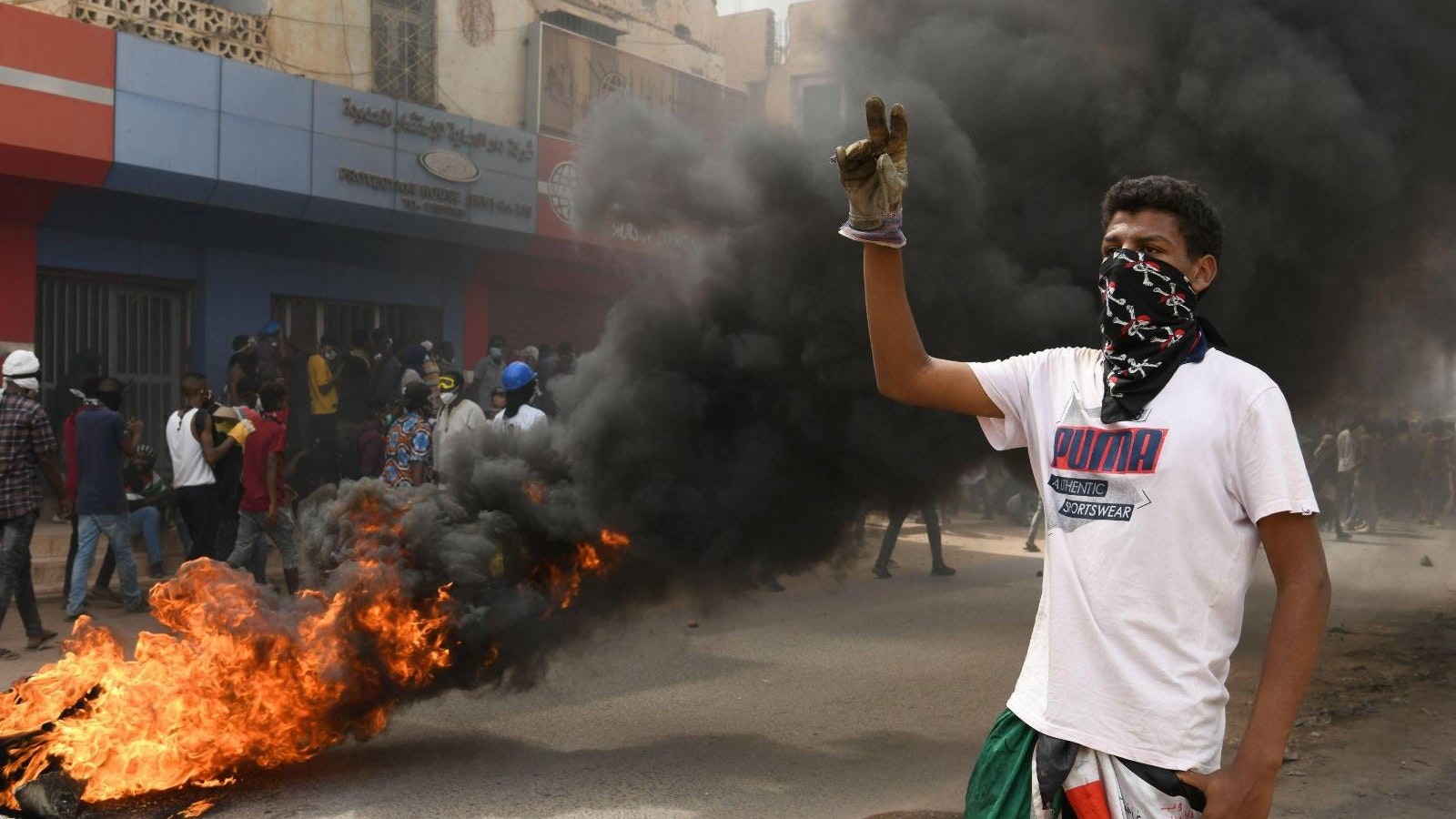
Democracy in West and Central Africa has seen a worrying decline, with increasing concern around the recent spike in military coups, predominantly in the Sahel region.
Coups are forceful and sudden attempts to unseat leaders in an undemocratic removal of government. Often led by the military, rebel groups, or a dictator, the ultimate aim of a coup is the transfer of power from the top. Revolutions, in contrast, are a mass uprising of the people, aiming to achieve social, economic, and political change for their country.
Coups generally flare up during periods of adverse socio-economic and political conditions, as well as growing insecurity. This is particularly reflected in the Sahel, where drought, severe hunger and violent insurgency have plagued the region for many years. Another reason for the proliferation of coups is when the leaders lack legitimacy in the eyes of their citizens or armed forces, as seen with President Condé in Guinea.
Rising democratic rule among pockets of coup outbreaks
Since the 1950s, Africa has seen the highest number of coups anywhere in the world, and 45 out of the 54 African countries have experienced at least one coup attempt. Out of the 486 attempted coups recorded globally, 214 have occurred in Africa. West Africa and the Sahel, once known as the continent's ‘coup belt’, account for 126 of these and, in the past two years, Burkina Faso, Chad, Guinea, Sudan, and Mali have all experienced a successful military coup d’état.
While there are isolated incidents of coups in particular regions of Africa, democratic governments have been implemented since the 1980s, most significantly in West Africa, and democratic culture continues to advance in other parts of the continent. The growing use of biometric voting systems, increased civic engagement via social media channels, and heightened public discourse has led to greater accountability and improved election security.
Countries such as Liberia and Sierra Leone have historical occurrences of violent coups, authoritarianism and civil war. However, their last democratic elections in 2017 and 2018 respectively, exhibited a largely peaceful transfer of power, with both countries having subsequent presidential election runoffs.
Most experts agree that the frequency of African coups has been in decline over the past two decades. In 2019, however, the numbers began to rise. In 2020 only one coup was reported, but in 2021, a further six coups or attempted coups occurred across the continent.
The UN Secretary General Antonio Guterres described this democratic backsliding observed across Africa as ‘an epidemic of coup d’états.’ He attributed the coups to strong geopolitical divides within nations, exacerbated by the COVID-19 pandemic’s economic and social impact on countries.
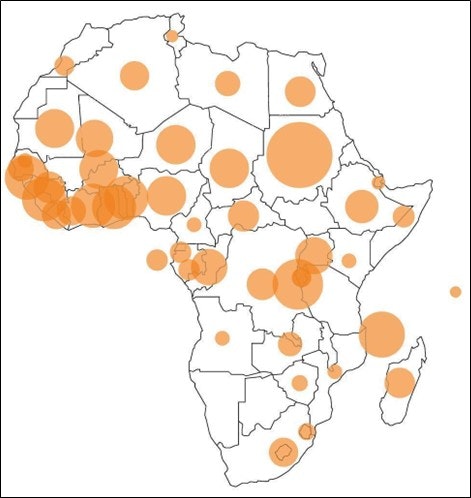
Frequency of attempted or successful coups from 1952–2022.
Democracy is still the dream
Coups will always be a factor in countries with fragile democracies, poor service delivery, food insecurity and insurgency. Citizens often back military intervention in the hope that it paves the way for a more effective civilian governance, rather than a desire to live in an autocratic system. Citizens of Guinea and Mali, for example, supported the coups that removed President Condé and President Keïta, yet recent surveys conducted by Afrobarometer found that 76% of Guineans and 70% of Malians reject military rule.
Despite the high frequency of military-led dictatorships and autocrats across some parts of Africa, a significant percentage of Africans support democracy. The ability to influence decisions made about the future of their own nations and have their voice heard is still highly attractive to most Africans, with 69% saying that ‘democracy is preferable to any other kind of government.’
Civilian-led governance allows for better rule of law, freedom of speech, the peaceful transition of power and better protection of human rights. A recent study shows that African democracies on average generate higher economic growth and are better at providing public services as government consumption is directed towards public purposes and away from private needs. This advantage has been shown to be more pronounced the longer a country remains democratic. In contrast, military regimes, like the ones to have recently taken control in Burkina Faso and Sudan, have a long history of abusing human rights and undermining economic progress.
An uncertain, yet hopeful future
Despite the disruption and frequency of military coups in some parts of Africa, democracy is still the leading form of government across the continent. African citizens continue to demonstrate they want more, not less, democratic and accountable governance from their elected governments.
In the African countries under autocratic military rule, many citizens are focussed on resisting and rising up against regimes and their violence, despite the associated risks. Widespread protests and appeals to the international community from Libya, Mali and Guinea also continue, demonstrating once again that the fight to have a democratic and economically stable country is a fire that has not been extinguished.
